Text box
Edge of Leadership Summer Stories
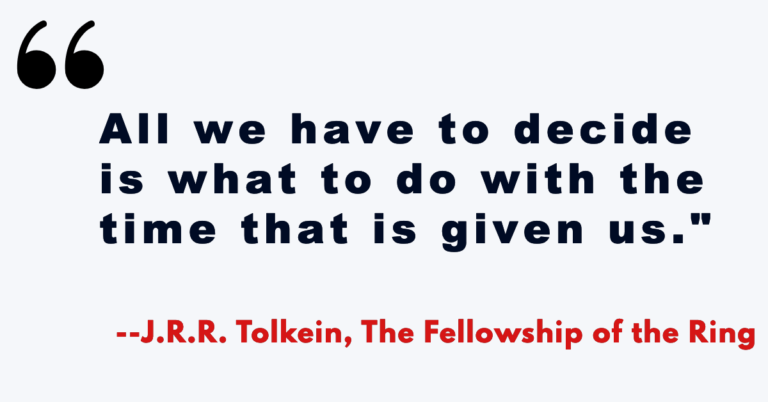
Like Frodo in The Fellowship of the Ring, we are all confronted with decisions that will change the lives of others. Teachers must do that in the classroom several times each day. Should they teach content right to the bell, or stop in time for students to reflect on what they’ve learned and integrate it into a functional framework of understanding? Our Edge of Leadership (EOL) Summer program explores why time is so important in all learning experiences and how to make the most of it with a fresh perspective.
For the students and educators from Greater Lowell Technical High School, there aren’t any clocks, ringing bells, or multiple-choice tests to take during High 5’s summer EOL program – a 3-day transformational adventure experience. The key word there is “transformational” and it applies equally to the cohort of students and their faculty mentors. The EOL motto Connect. Empower. Lead… Be the Example is the foundation of that transformative change. If you’re wondering how a 3-day experience could make such a difference, give us some time to explain.
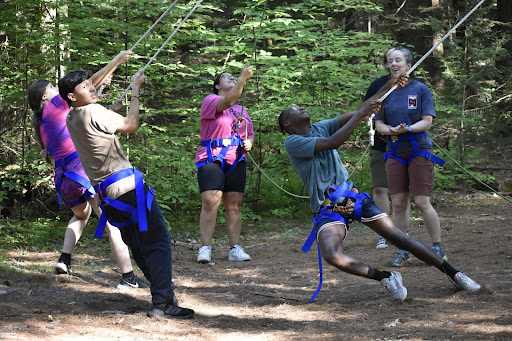
Reflecting On The 3-Day Experience
At the end of Lowell’s 3-day visit, EOL team member, Anne Louise Wagner, trainer Hanne Bailey, and educational consultant, Chip Wood, shared insights into the impact of a succession of experiences including a pond traverse, a night walk through the pitch-dark woods, and living under the stars (in cabins, of course). As Chip Wood noted, “As brief as their stay was, time seemed to slow for the program participants, drawing out and providing a changed perspective on the passage of days.” Reflecting on the experience, our team shares their insights below.
Q: How does an outdoor adventure experience transform participants?
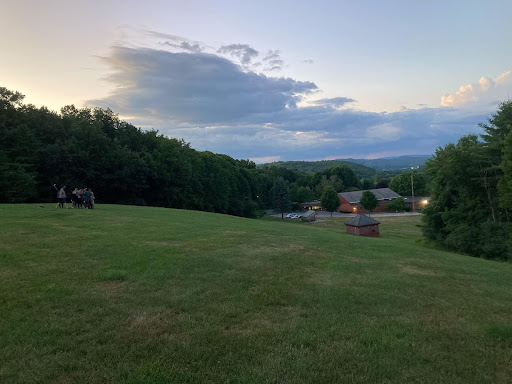
Hanne: Each day feels like a month. Time really slows down. Within the space of 3 days, mutual respect between students and teachers grew and matured, helping to shape a community with a common understanding and shared purpose. The size of the group, 15 students and 3 teachers, allowed deeper connections to form. There was time to be present and, for many of the students, this seemed to be a novel experience.
Anne Louise: We aspire to transform the group members’ understanding and perception of leadership. What does leadership look like? Is it something that’s attainable for each of them? We help students realize their own leadership potential and begin to understand how their thinking and acting impact themselves, others, and the group.
Q: Does youth leadership look different than adult leadership in the program?
Hanne: Students are more than capable of stepping into leadership roles, and the program encourages them to take risks, leave their comfort zone and discover previously unknown abilities and strengths. For many students and teachers, it was their first time hiking in the woods at night and traversing a pond. Gaining a better understanding of self, others and the collective is an important part of the experience, encouraging participants to be open to opportunities and to step outside their comfort zone and connect with others.
Anne Louise: Leadership looks different for everyone, including how we invite students and teachers to engage during the program. We intentionally shift the power and relationship dynamic to a more level playing field. In order to do that, we ask teachers to take a step back and students to step forward when it comes to decision-making. We create a setting where students can take on more responsibility and stretch themselves.
Lowell Tech has sent many teams of teachers and emerging student leaders in grades 9 through 11, along with faculty mentors, to High 5’s EOL Summer program. They see the time spent learning about themselves and reflecting on that experience, as encouraging a fresh perspective on their roles in the school community. Freed from traditional classroom hierarchies, students and teachers can relate to one another as individuals, and increase their understanding of one another, often making new and unexpected friends in the process.
At school, the lives of students and teachers are prescribed and punctuated by bells and schedules. At EOL Summer, experiences like solving the problem of the pond traverse take on a new meaning when freed from the need to reach a measurable result within a fixed time.
Final Reflections on the Importance of Time in Learning
Chip’s experience in the world of education is extensive, having worked as a classroom teacher, principal, teacher educator, co-founder of Responsive Classroom, and co-founder of a school. While attending Summer EOL, Chip witnessed the creation of a culture of stewardship between students and adults allowing for ideas and expectations to be shared in a respectful environment. Time changed from the rigid system of the school year to one where the passage from event to event occurred when the group was ready, providing time for reflection on the immediate experience.
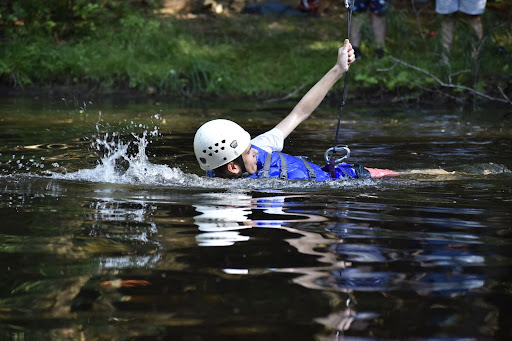
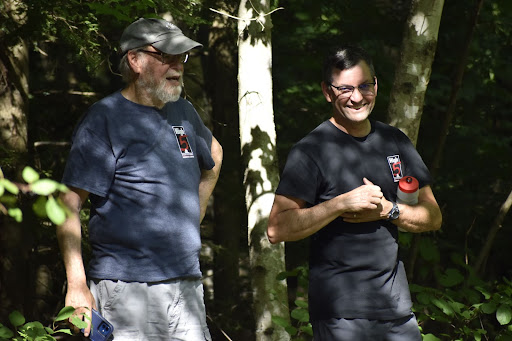
In schools, Chip sees EOL doing the same thing in the classroom, creating an intentional community based on a culture of stewardship, in which reflection and respect are core values and, most importantly, where time is the servant of learning, not its master. The idea of time for learning being flexible and not limited by the ringing of the bell is essential both for reflection to occur and for it to do its work, driving learning into memory, where it becomes a permanent part of knowing and not temporary, only to be retained for the short-term context of passing a test and then quickly forgotten.
The Gift of Time
Summer EOL accomplishes a lot in a short time. It allows students and teachers to learn about themselves and one another freed from regimented time. Too often the focus in the classroom is more on content–cover it all!–and less on comprehension. Understanding what we’ve learned is the critical goal of the educational process and requires time to reflect, explore alternative meanings of a lesson, and assimilate and integrate the resulting discoveries into our sense of self and our perspective on the world. Now it’s your choice. How will you decide to use your time?
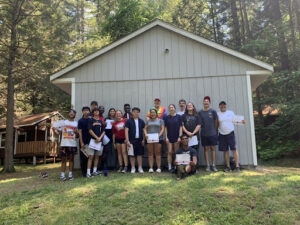
Additional Information:
- High 5 Vertical Playpen podcast episode: The Pond Traverse Problem Solving
- Learn More About Summer Edge of Leadership
Links to Additional Articles:
Edutopia: “Treating Reflection as a Habit, Not an Event”
Instructional Moves | Harvard Graduate School of Education: “Giving Students Enough Space and Time to Reflect”
Hawaii.edu: “How Do I Promote Student Reflection and Critical Thinking”
Georgetown.edu: “Reflection in the Classroom”